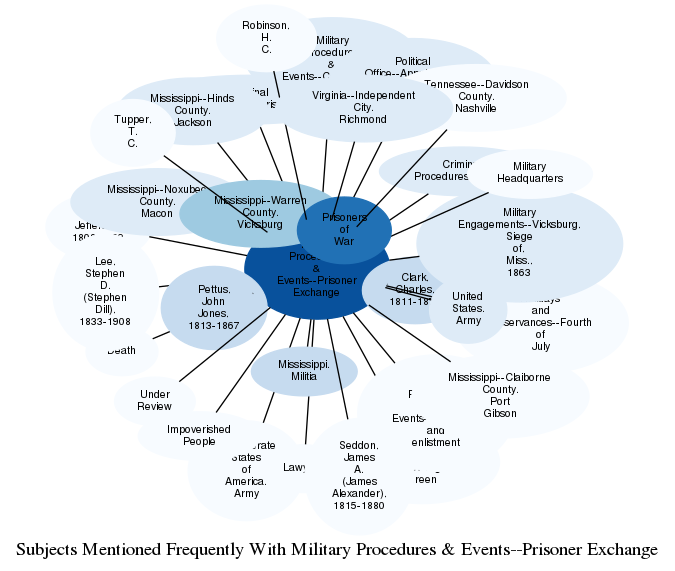Description
Rooted in the Lieber Code and other military customs, Union and Confederate militaries were expected to acknowledge surrendering enemies and treat them as prisoners of war who could then be imprisoned, paroled, and/or exchanged. Historically, European practices held that prisoners of war could be released if they swore an oath not to bear arms against those who captured them until they were exchanged for an enemy soldier.
Mimicking European practices, in 1862 Union and Confederate militaries developed, what historian Caroline E. Janney describes as "an elaborate prison cartel system." (Caroline E. Janney, Ends of War: The Unfinished Fight of Lee's Army after Appomattox, p. 25) In July of that year, U.S. President Abraham Lincoln appointed Union Maj. Gen. John A Dix to negotiated formal prisoner exchange arrangements with Confederate representative, Maj. Gen. Daniel H. Hill. (David Silkenat, "How Civil War Soldiers Viewed Surrender," H-Net) Under this system, captured uniformed soldiers were typically paroled and exchanged because neither the Union or the Confederacy wanted to expend the manpower and funds on maintaining large numbers of captured enemy soldiers.
Under the Dix-Hill cartel, "Union paroled prisoners were held in their own army’s parole camps until exchanged, while Confederates went home to await exchange." (Silkenat, "How Civil War Soldiers Viewed Surrender") Consequently, paroles depended almost entirely on soldiers upholding their oaths not to resume fighting until they had been exchanged for an equivalent number of prisoners from the other side. Those who violated the terms of their parole faced recapture or execution. (Janney, Ends of War, p. 25; Silkenat, "How Civil War Soldiers Viewed Surrender")
After the summer of 1863, the Union and Confederacy accused one another of violating the terms of their parol. Furthermore, the Confederacy announced they would not treat captured African American soldiers as prisoners of war but instead as fugitive slaves. Consequently, the prisoner exchange system broke down. The number of paroles decreased dramatically, and the Dix-Hill cartel was replaced by prisoner of war camps like Andersonville, where captured white enemy combatants were housed under poor conditions for the duration of the war. For those African American soldiers who surrendered to the Confederate forces, they faced enslavement, re-enslavement, and death, such as the massacre of Black troops at Ft. Pillow. (Silkenat, "How Civil War Soldiers Viewed Surrender")
See also: https://www.historynet.com/historian-david-silkenat-on-how-civil-war-soldiers-viewed-surrender/
Related Subjects

The graph displays the other subjects mentioned on the same pages as the subject "Military Procedures & Events--Prisoner Exchange". If the same subject occurs on a page with "Military Procedures & Events--Prisoner Exchange" more than once, it appears closer to "Military Procedures & Events--Prisoner Exchange" on the graph, and is colored in a darker shade. The closer a subject is to the center, the more "related" the subjects are.